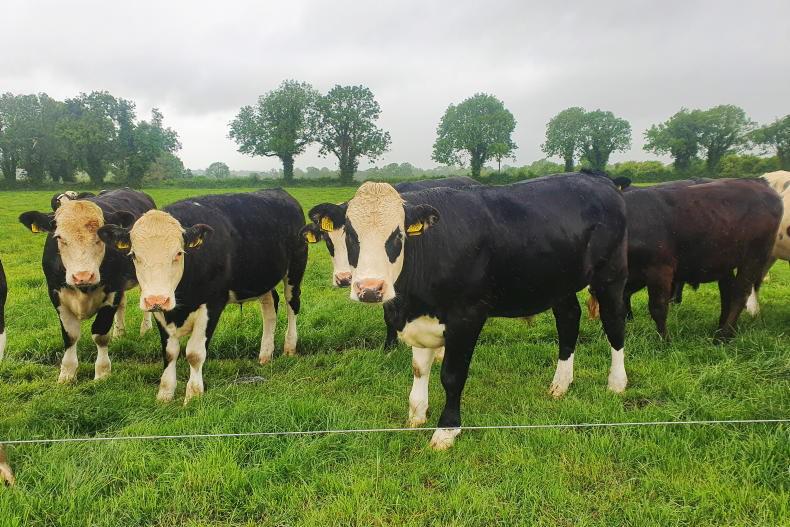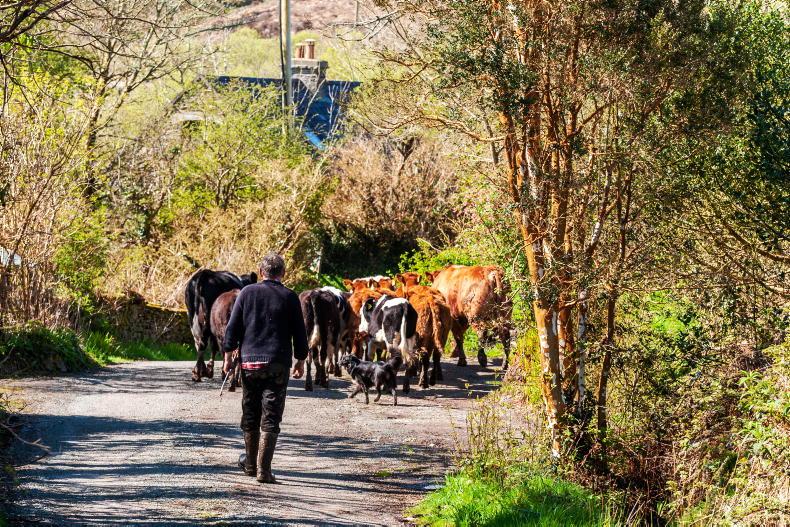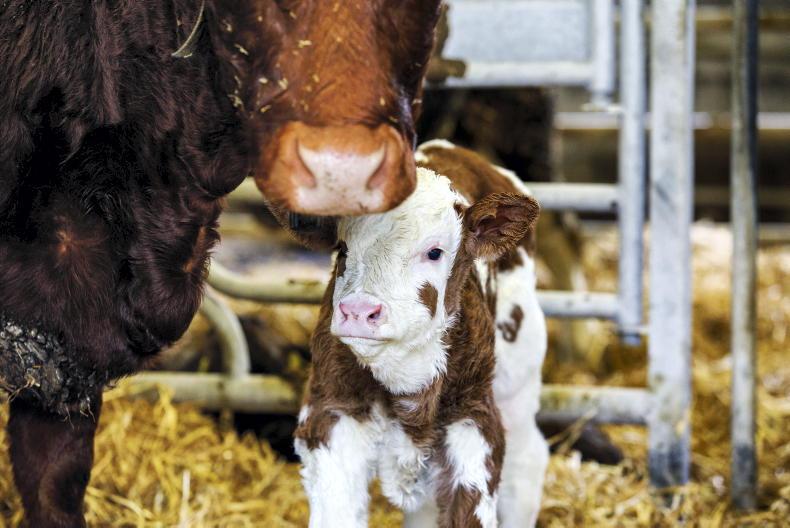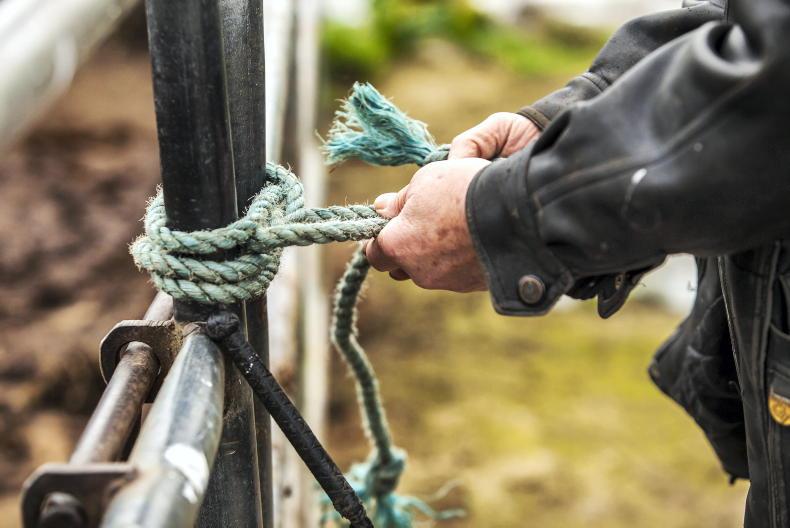There are two stocking rate requirements farmers must fulfill to satisfy eligibility with the terms and conditions of the Area of Natural Constraint (ANC). Applicants must satisfy at least a seven month consecutive retention period within the calendar year (1 January 2020 to 31 December 2020), during which time the stocking density must be maintained equal to or greater than 0.15 livestock units per eligible forage hectare.
The second requirement obliges applicants to maintain an annual average stocking rate of at least 0.15 livestock units, calculated over the 12-month calendar year. Failure to satisfy either of these requirements will deem an applicant ineligible for payment. The exception to this is where a lower stocking rate is commanded under an agri-environmental scheme or commonage framework plan.
Earlier purchasing
A number of mart managers and cattle agents comment that they are seeing interest at an earlier level than in 2020, with farmers who left it late to purchase last year having to contend with disruption to trading caused by COVID-19 and a move to online trading, while in recent years, farmers who have purchased early and moved cattle on before weather deteriorates in autumn have generally gotten on pretty well with summer grazing systems.
Donkeys and horses
The other significant change is that donkeys will no longer be allowed to satisfy 100% of the stocking rate requirements and will be capped at fulfilling a maximum of 50% for 2020. In the region of 900 applicants and upwards of 2,000 donkeys are used to claim ANC payments.
Table 1 details the livestock unit values for eligible animals. There have been some questions received in recent weeks asking if horses can take the place of donkeys. Only equine breeding premises are eligible to do so, and even at this, horses must satisfy a number of criteria to be deemed eligible.
As is the case with donkeys, all farms where horses are retained must be registered with the Department of Agriculture, Food and the Marine, in accordance with S.I. No. 8 of 2012, Diseases of Animals Act 1966 (Registration of Horse Premises) Order 2012.
Equines must possess a valid passport in the applicant’s name, with the passport updated when ownership changes. These passports will also need to be submitted to the ANC section once the farm’s minimum retention period has been satisfied.
An equine breeding enterprise is defined in the terms and conditions as a holding which has bred a foal in either 2018 or 2019 from a mare registered on the holding in 2019. The mare must be registered in a stud book approved by the Department with pedigree recorded (sire and dam).
Donkeys must also be owned by an applicant who holds a valid passport, with the donkey registered in the name of the applicant.










SHARING OPTIONS